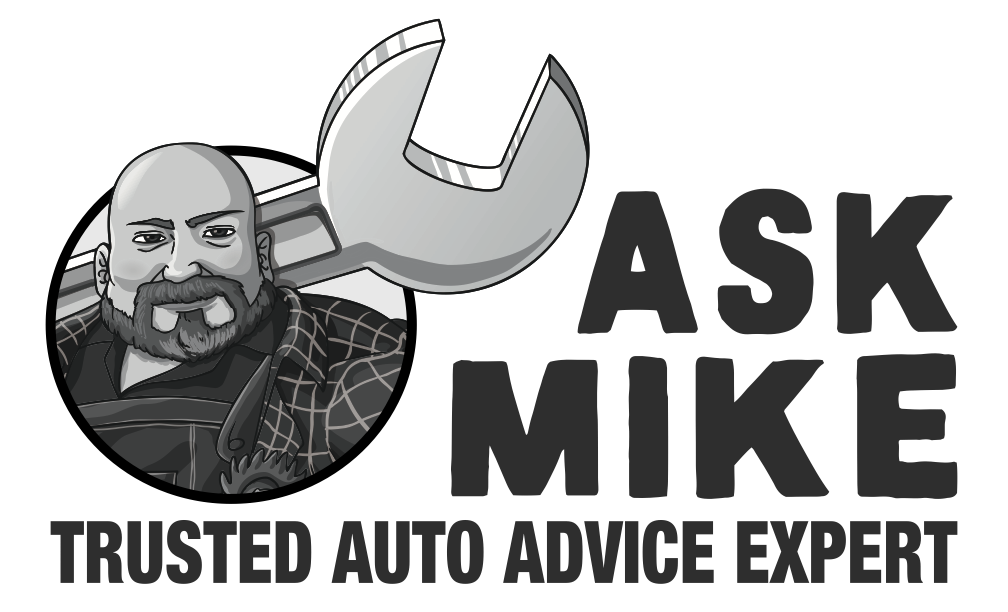Dear Mike,
I recently came across the term “flex pipe” while browsing online forums about car problems. I have a basic understanding that it’s part of the exhaust system, but what exactly does it do and why is it prone to breaking?
Any information you can provide would be greatly appreciated.
Best regards,
Lysander
Dear Lysander,
Thank you for reaching out to me with your question about flex pipes. You are not alone in wondering about this mysterious car part – in fact, it’s one of the most common questions I get at Urban Automotive.
As you already know, the flex pipe is a crucial component in your vehicle’s exhaust system. Its purpose is to allow for movement between the engine assembly and the exhaust system. This flexibility is important because it helps to prevent strain on the exhaust system that is caused by the engine’s movements during acceleration and braking.
However, as you pointed out, the flex pipe is also prone to breaking. This is mainly due to wear and tear on the engine mounts, which can cause increasing stress on the flex pipe over time. Once the pipe cracks, you will hear a loud noise and the problem will only get worse. In some cases, the flex pipe can even break away from the rest of the exhaust system if the issue is left unaddressed.
But don’t worry – replacing a flex pipe is not a difficult job, though I wouldn’t recommend trying it at home unless you’re a seasoned mechanic. It’s important to make sure that the engine mounts are also replaced at the same time, as otherwise you can expect to have a similar problem again within the first year.
As for why flex pipes are more prone to breaking than other exhaust components, it’s simply due to the fact that they are under a lot of stress and movement. It’s like playing a game of tug-of-war – eventually, something will give way and it’s usually the flex pipe.
In addition to wear and tear, there are some other factors that can contribute to flex pipe problems. For example, if you frequently drive on rough or unpaved roads, the constant jolting and vibration can put additional stress on the exhaust system as a whole. And if you frequently carry heavy loads or tow with your vehicle, this can also put added stress on the flex pipe.
So what can you do to prevent flex pipe problems? The best thing is to make sure you get routine maintenance and inspections. At Urban Automotive, we recommend checking your exhaust system at least once a year, or more often if you notice any strange noises or smells. This will help catch any issues early on, before they become major (and expensive) problems.
Another thing you can do is be mindful of how you drive your vehicle. Avoid sudden acceleration or braking, as this can put extra stress on the engine mounts and flex pipe. And if you do frequently carry heavy loads or tow with your vehicle, make sure you’re staying within the recommended weight limits.
In conclusion, the flex pipe may seem like a small and insignificant part of your vehicle, but it’s actually incredibly important for ensuring that your exhaust system runs smoothly. If you suspect that you have a problem with your flex pipe, don’t hesitate to bring it in to Urban Automotive. Our team of experts will diagnose the issue and make sure your vehicle is running at its best.
Best regards,
Mike Urban
Founder, Urban Automotive
